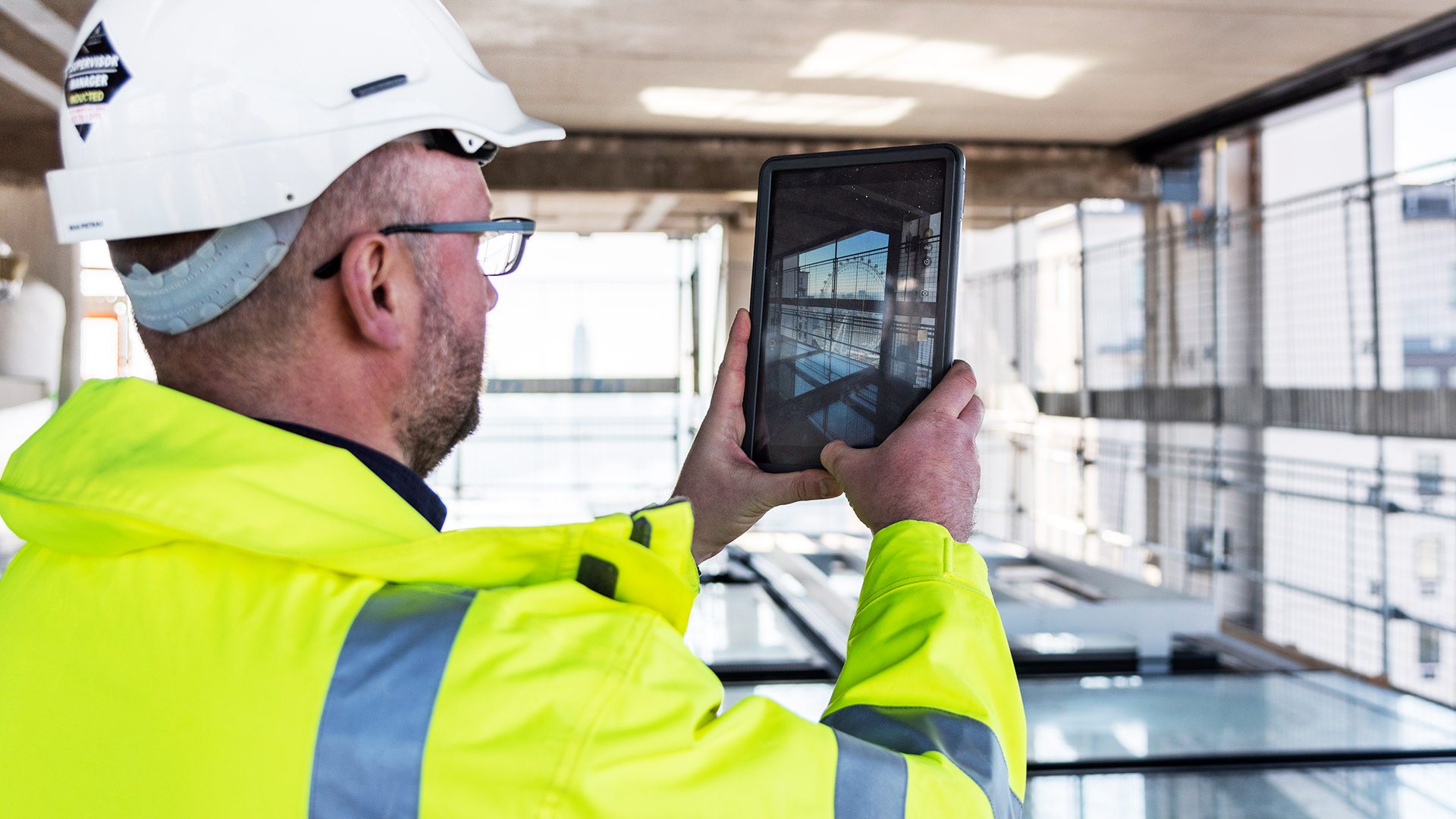
The UK Government recently unveiled their much awaited National Infrastructure Strategy which sets out how the country will boost economic growth and recover from the Covid-19 pandemic.
The strategy promises to level up the country’s economic activity, strengthen the Union and achieve net zero emissions by 2050. Other announcements in the strategy included a full commitment to fund the remaining works on Crossrail, as well as plans to speed up the delivery of the A66 Trans-Pennine road upgrade. It also recognises the importance of rolling out Project Speed, with the need for a National Infrastructure Commission to oversee the delivery of outcomes as well the importance of private investment in infrastructure.
The strategy is underpinned by the launch of a UK infrastructure bank – located in the North of England that will help the government to co-invest with partners from the private sector on infrastructure projects. The bank will also play an important role in supporting new infrastructure technologies and encouraging firms to realise the benefits that digital technology can bring.
Recognising that each infrastructure sector is likely to face “transformative technological change” over the next 20 years, the strategy shows that the government want the UK to be at the forefront of this trend. The National Infrastructure Strategy has a vision for the UK to be place where communities are brought together by improved broadband connectivity, who live in low-carbon and energy efficient homes, and a world leader in new technologies; including wind power, hydrogen production carbon capture and storage, nuclear power, electric vehicles and zero-emission planes.
This is a big ask and crucial to delivering it is the need for construction firms to put digital at the top of their agenda. The lessons learned from the rapid transformation to remote working, practically overnight, that was asked of many construction firms back in March need to be kept top of mind.
Embracing agile, collaborative and innovative attitudes which seek to address the age-old productivity problem that has plagued the UK construction industry for so many years must be the first step. But further than this, we need to continue developing and adopting innovative technology in the sector. Thinking differently and collaborating with other industries to learn and create new solutions can support this.
Firms should invest in technology to make sure they’ve got the basics right – like common data environments – and then look at how they can benefit from the power of having good data. Understanding how to harness that data through automation and artificial intelligence can follow. But central to all of this is people – developing teams to learn new skills and showing them the benefit of this will underpin so much of this work to help fuel the essential growth for the nation.

May we collect and use your data?
Learn more about the Third Party Services we use and our Privacy Statement.May we collect and use your data to tailor your experience?
Explore the benefits of a customized experience by managing your privacy settings for this site or visit our Privacy Statement to learn more about your options.